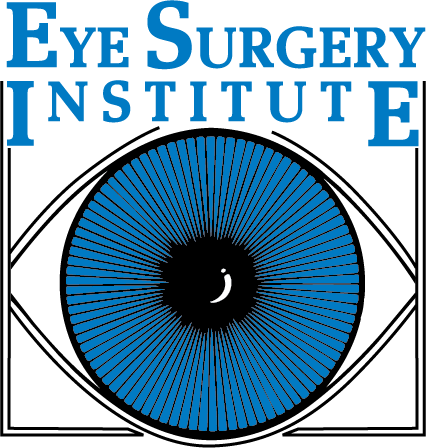FAQ
As the leading ophthalmology service in Dearborn, Michigan, we’ve been honored to serve our local community for over 60 years. In that time, we’ve seen and addressed a myriad of eye conditions and concerns, from routine eye examinations to complex surgical procedures. On this page, you’ll find answers to some of the most frequently asked questions about our services, procedures, and care. Whether you’re considering new glasses, have questions about cataract treatment, or are simply in search of a trustworthy eye doctor, we’re here to help guide you. Let’s see clearly together.
If I have been recently diagnosed with diabetes, how often should I have my eyes checked?
Diabetes is one of the leading causes of blindness. All diabetics need yearly eye exams. If diabetic eye disease is detected, more frequent exams will be necessary.
What is age related macular degeneration?
Age Related Macular Degeneration (ARMD) is a deterioration of a patient’s central vision with age. It can cause blurring of the central vision and possibly loss of central vision. There are two broad categories of Age Related Macular Degeneration: dry and wet. Vision loss with dry Age Related Macular Degeneration is often gradual. Wet Age Related Macular Degeneration can cause significant visual loss more suddenly. Regular eye examinations are important to diagnose age related macular degeneration. Vitamin supplementation can help decrease the chances of this disease worsening for some patients.
What is glaucoma?
Glaucoma is an often silent disease which affects the optic nerve and can slowly affect a patient’s peripheral vision. It becomes more common with age and is often easily treatable. Regular eye examinations are important to diagnose glaucoma at an early stage. It is especially important to be checked for glaucoma if a family history of the disease exists.
What is a cataract?
A cataract is a clouding of the natural lens in the eye.
What causes cataracts?
The complete biochemical cause of cataracts is not known. While most cataracts develop gradually during aging, some occur after eye trauma or inflammation. Cataracts also can be associated with diabetes, gout, and other diseases. Less frequently, cataracts can be congenital, affecting babies or young people.
Does your office perform low vision exams?
Yes, we have an optometrist, Dr. Cindy Wang, who specializes in low vision exams and our optical department carries many low vision aids.
Is my visit covered by my medical or vision insurance?
Visits could be covered by either medical or vision insurance. The coverage will be determined at the time of the visit.
Do you treat children?
Yes, they treat children of all ages.
How often should I have my eyes examined?
Before the age of 60, an exam is recommended every two years. After the age of 60, a yearly exam is recommended. If problems are found, more frequent exams are most likely necessary.
When is cataract surgery indicated?
There is no right or wrong answer to this question. Basically, when the decreased vision caused by the cataract begins to interfere with a person’s lifestyle, the operation should be performed. As lifestyles differ from person to person, so does the right time to perform cataract surgery. Now a person does not have to wait until the cataract is mature or “ripe” to have surgery.
If I have refractive surgery, will I be more likely to develop cataracts?
No. In most cases, cataracts develop as part of a person’s normal aging process. Epi-LASEK does not stop the aging process. If an Epi-LASEK patient develops cataracts later in life, he or she can be treated the same as if he or she had not undergone refractive surgery.
Does Dr. Kronenberg perform cataract surgery?
Yes. She performs surgery using the latest technology. We offer a variety of implant options to fully address a patient’s visual needs. For example, lifestyle implants can decrease one’s dependence on glasses for distance, reading or computer work.
What are the long-term effects of epi-LASEK?
PRK- an early form of Epi-LASEK, has been performed worldwide since the early 1990’s. The prospect for long-term stability is very high, based on historical evidence of postoperative corneal healing. There is every reason for us to believe that these reports will continue to hold true.
